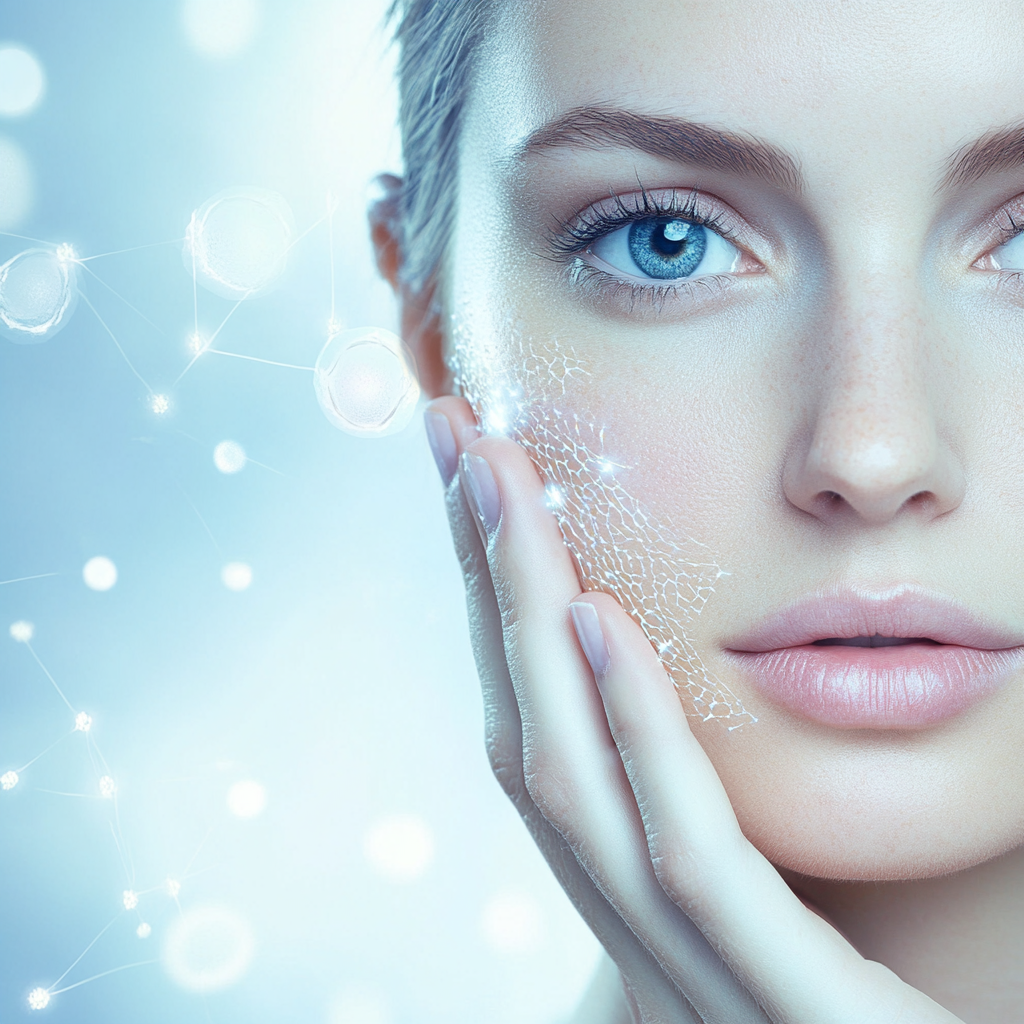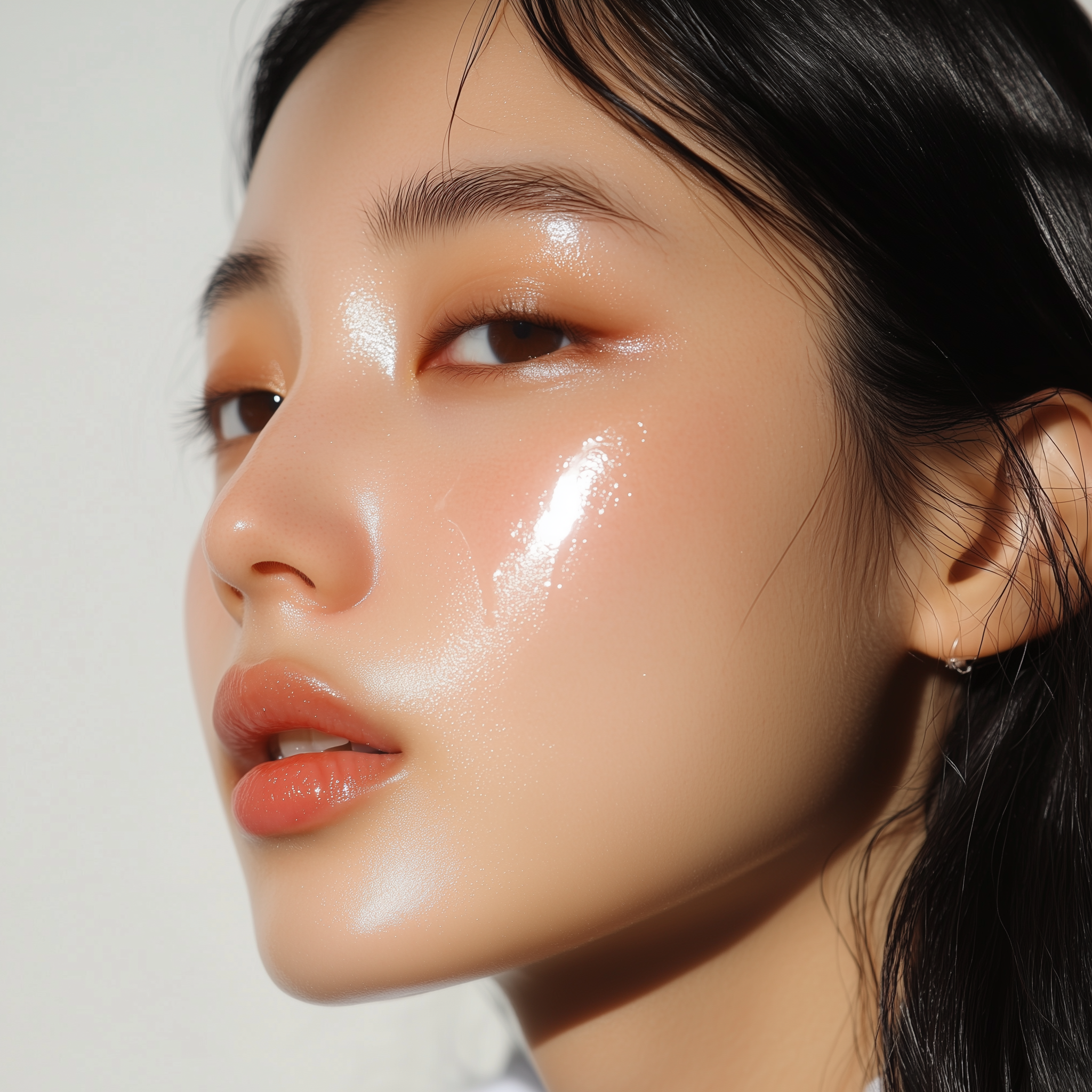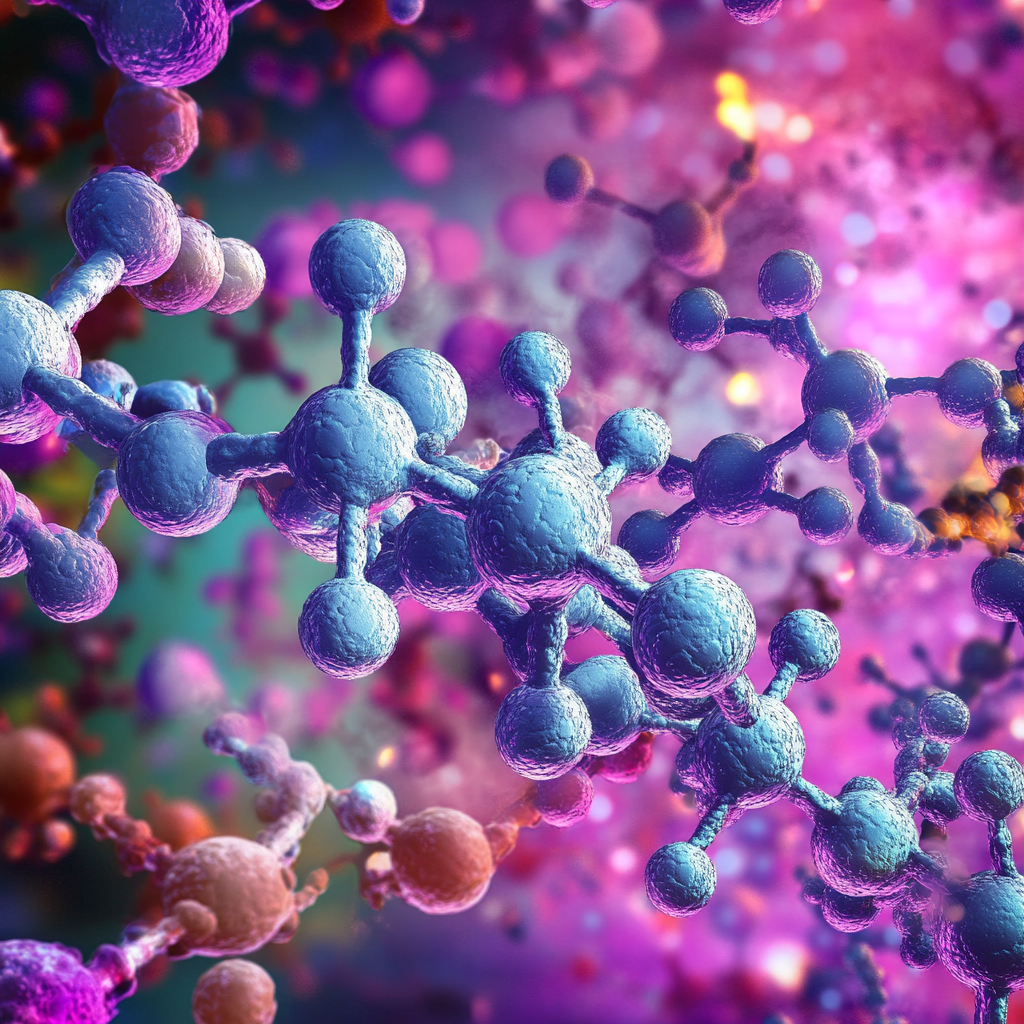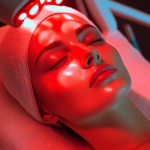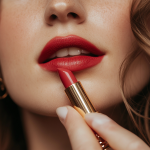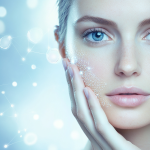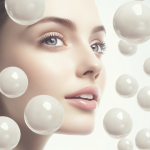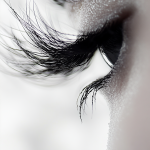Now Reading: How to Treat Dark Spots & Hyperpigmentation Like a Dermatologist
-
01
How to Treat Dark Spots & Hyperpigmentation Like a Dermatologist
How to Treat Dark Spots & Hyperpigmentation Like a Dermatologist

Introduction
Dark spots, also known as hyperpigmentation, can be frustrating and persistent. Whether caused by sun exposure, hormonal changes, acne scars, or inflammation, these skin discolorations require a targeted approach for effective treatment. Fortunately, dermatologists have identified clinically proven ingredients and strategies to fade hyperpigmentation and restore an even, radiant complexion.
In this guide, we’ll break down the science behind dark spots, expert-approved treatments, and the best skincare routine to brighten your skin safely and effectively.
What Causes Hyperpigmentation?
Hyperpigmentation occurs when melanin (the pigment that gives skin its color) is overproduced in certain areas, leading to dark patches.
Common Causes of Dark Spots:
✅ Sun Damage (UV-Induced Hyperpigmentation) – Prolonged sun exposure triggers melanin production, leading to sunspots and age spots.
✅ Post-Inflammatory Hyperpigmentation (PIH) – Dark marks left behind after acne, burns, or skin trauma.
✅ Melasma – Hormone-related hyperpigmentation, often triggered by pregnancy or birth control.
✅ Environmental Aggressors – Pollution and oxidative stress can increase pigmentation.
✅ Genetics – Some people are naturally more prone to dark spots.
Dermatologist-Approved Ingredients to Fade Dark Spots
A combination of brightening, exfoliating, and pigment-inhibiting ingredients works best for fading hyperpigmentation. Here’s what top dermatologists recommend:
1. Niacinamide (Vitamin B3) – The Multi-Tasking Brightener
🔹 Reduces melanin transfer to skin cells, preventing new dark spots.
🔹 Calms inflammation and strengthens the skin barrier.
🔹 Works well with retinol, vitamin C, and AHAs.
💡 Best for: Sensitive skin, acne-prone skin, and overall skin tone brightening.
2. Vitamin C – The Antioxidant Powerhouse
🔹 Neutralises free radicals that trigger melanin production.
🔹 Brightens existing hyperpigmentation and evens skin tone.
🔹 Best used in the morning for sun protection boost.
💡 Best for: Sunspots, dull skin, and antioxidant protection.
3. Alpha Arbutin – The Gentle Pigment Inhibitor
🔹 Derived from bearberry plants, it slows melanin production. 🔹 A gentler alternative to hydroquinone. 🔹 Works well in combination with niacinamide and vitamin C.
💡 Best for: Melasma and sensitive skin types.
4. Retinoids (Retinol & Tretinoin) – The Skin Renewal Booster
🔹 Speeds up skin cell turnover to fade dark spots faster.
🔹 Stimulates collagen production for a smoother complexion.
🔹 Can be drying, so pair with hydrating ingredients.
💡 Best for: Stubborn hyperpigmentation, acne scars, and anti-aging.
5. Hydroxy Acids (AHAs & BHAs) – The Exfoliating Heroes
🔹 Remove dead skin cells and promote new, evenly pigmented skin.
🔹 AHAs (like glycolic and lactic acid) brighten and smooth.
🔹 BHAs (like salicylic acid) target post-acne dark marks.
💡 Best for: Dull skin, uneven texture, and acne-related pigmentation.
6. Tranexamic Acid – The Melasma Fighter
🔹 Originally used to stop excessive bleeding, now known for brightening effects.
🔹 Helps fade stubborn hormonal pigmentation (melasma).
🔹 Works well with vitamin C and niacinamide.
💡 Best for: Melasma, sensitive skin, and discoloration from sun exposure.
7. Melatonin – The Nighttime Repair Ingredient
🔹 A powerful antioxidant that reduces oxidative stress on the skin.
🔹 Helps regulate melanin production overnight.
🔹 Works synergistically with vitamin C and niacinamide.
💡 Best for: Repairing sun-induced pigmentation while you sleep.
Dermatologist-Recommended Routine for Fading Dark Spots
Follow this expert-approved skincare routine for best results:
Morning Routine:
✅ Gentle Cleanser – Removes excess oil without stripping the skin.
✅ Vitamin C Serum – Brightens skin and fights oxidative stress.
✅ Niacinamide Serum – Reduces inflammation and evens skin tone.
✅ Moisturiser with Hyaluronic Acid – Keeps skin hydrated.
✅ Broad-Spectrum Sunscreen (SPF 30+) – Prevents new dark spots from forming.
💡 Sunscreen is non-negotiable! UV exposure worsens hyperpigmentation.
Night Routine:
✅ Double Cleanse – Oil cleanser + gentle foaming cleanser.
✅ Chemical Exfoliant (2-3x per week) – AHAs or BHAs to remove dead skin.
✅ Retinol or Tranexamic Acid Serum – Encourages skin renewal overnight.
✅ Hydrating Night Cream with Peptides & Melatonin – Repairs and soothes the skin.
Professional Treatments for Stubborn Hyperpigmentation
If at-home treatments don’t fully resolve dark spots, dermatologist-administered treatments can accelerate results:
1. Chemical Peels
🔹 Uses glycolic, lactic, or trichloroacetic acid (TCA) to deeply exfoliate skin.
🔹 Helps with post-acne scars, melasma, and sunspots.
2. Laser Treatments (e.g., Fraxel, Picosure)
🔹 Targets deep pigmentation and stimulates collagen production.
🔹 Best for stubborn dark spots that don’t respond to topicals.
3. Microneedling with PRP
🔹 Stimulates skin renewal and enhances ingredient absorption.
🔹 Effective for post-inflammatory hyperpigmentation (PIH).
4. Prescription Hydroquinone
🔹 A potent melanin-inhibiting ingredient, available by prescription.
🔹 Dermatologists often combine with retinoids or corticosteroids for enhanced effects.
💡 These treatments should be performed by licensed dermatologists for safety.
Common Mistakes to Avoid When Treating Hyperpigmentation
🚫 Skipping Sunscreen – Sun exposure worsens dark spots and reverses progress.
🚫 Using Harsh Scrubs – Physical exfoliants can inflame the skin and make pigmentation worse.
🚫 Overusing Strong Actives – Combining retinol, acids, and vitamin C too aggressively can cause irritation.
🚫 Expecting Instant Results – It takes at least 8-12 weeks to see significant improvements.
Final Thoughts: The Path to Even-Toned Skin
Fading dark spots takes patience, consistency, and a science-backed routine. By combining clinically proven ingredients, dermatologist-approved skincare, and professional treatments when needed, you can achieve a radiant, even complexion.
Key Takeaways:
✅ Niacinamide, vitamin C, and retinoids are powerhouse ingredients.
✅ Chemical exfoliation speeds up skin cell turnover.
✅ Sun protection is the most important step.
✅ Professional treatments can enhance results for stubborn spots.












